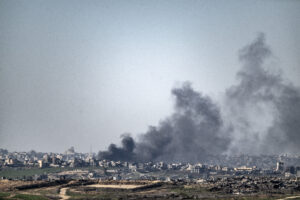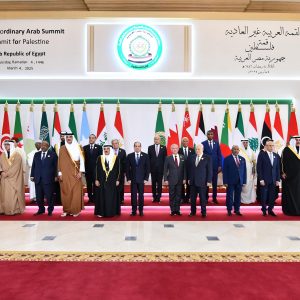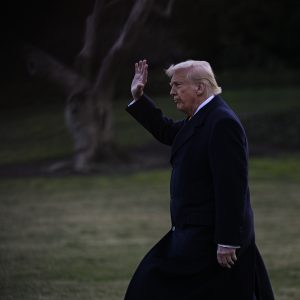Macron announces end of West African counter-terrorism mission
KIGALI, Rwanda (AA/AFP) – The French president on Wednesday announced an end to the nearly decade-long Barkhane counter-terrorist mission in Africa.
Operation Barkhane had not been operational since February after France announced its military withdrawal from Mali. The last French troops left their base in the Malian town of Gao on Aug.15.
Tension built up between Mali and France and European allies following reports that the transitional junta deployed private military contractors from the Russia-backed Wagner Group to Mali.
In a speech in French city of Toulon, Emmanuel Macron said France was not abandoning the fight against terrorism in the Sahel, but a new strategy would be worked out with African partners.
“I have decided in coordination with our partners, to make official the end of the Barkhane operation as a consequence of what we have experienced in recent months,” he said.
“Our military support for African countries in the region will continue, but according to new principles that we have defined with them.
“Basically, our partnership only makes sense if it is a true partnership that responds to the explicit needs coming from African armies and if it complements economic, political and administrative partnerships in these countries,” the French leader said.
Macron said exchanges are planned with African nations and regional organizations in the coming days on changing the status, format and mission of French bases in Africa.
“Our interventions must be better limited in time and from the beginning. We do not want to remain engaged for an unlimited time in foreign operations,” he said.
The mission was launched in 2013 to stem an insurgency in Mali linked to the al-Qaeda and the ISIS. Niger, Chad, Burkina Faso and Mauritania were the other countries in the partnership.
At least 5,500 French troops participated in Operation Barkhane at its peak.
Macron laid out his strategic defence priorities for France in Europe and Africa in the coming years, not least in response to Russia’s invasion of Ukraine and a growing international assertiveness of China.
He indicated that future strategy would be based on a far closer cooperation with African armies to make France’s own deployment lighter and more dynamic.
French forces have faced growing hostility from some who see them as the ineffective occupying force of a former colonial power.
Around 3,000 French soldiers remain in Burkina Faso, Chad and Niger. There are no immediate plans for a reduction in numbers.
He revealed that Britain and France will hold a summit in the first quarter of 2023 aimed at reinforcing their military and defence cooperation, in a sign of a reset under new Prime Minister Rishi Sunak.
“Our partnership with the United Kingdom must also be raised to another level,” Macron said.
“I hope that we will actively resume our dialogue on operations, capacities, nuclear and hybrid areas and renew the ambitions of our two countries as friends and allies.”
Macron also insisted on the need for deeper military cooperation with Germany. The two countries have agreed to work notably on next-generation fighter jets and tanks, but both projects have reportedly stalled on divergences over technical needs and how to share production.
“The success of the European project depends in large part, I believe, on the balance of our partnership,” Macron said.
“In that regard I hope that we can make decisive progress in the coming weeks.”











